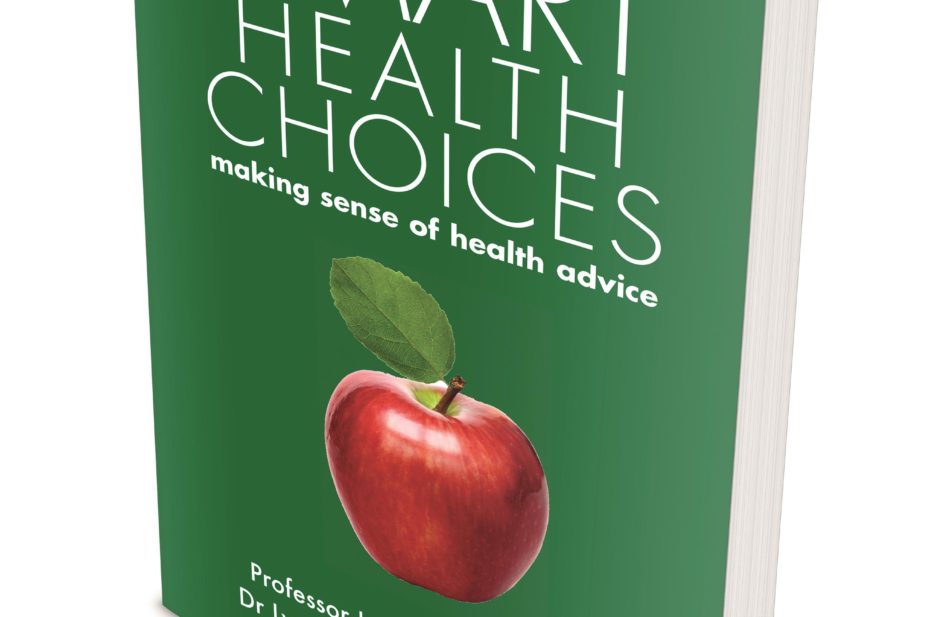
When faced with a non-trivial illness, how do we ensure that we receive the best possible treatment? We are often faced with a conflicting barrage of information from health professionals, the pharmaceutical industry, health service providers, government health departments, consumer groups, media reports and advisory leaflets — and, of course, from well-meaning family members and friends.
This e-book’s main aim is to help consumers develop the skills they need to assess this plethora of health advice so they can reject misleading information and make better-informed decisions about their healthcare.
The core of the book is a five-point checklist of questions that patients need to ask when faced with a health problem: (1) What will happen if I wait and watch? (2) What are my test or treatment options? (3) What are the benefits and harms of these options? (4) How do the benefits and harms weigh up for me? (5) Do I have enough information to make a choice? If the answer to question 5 is no, then patients can follow the book’s guidance to find the most reliable information and apply the findings to their health problems.
The book is written in a user-friendly, jargon-free style, but is by no means patronising. It is punctuated by cartoons and uses case histories and imagined scenarios to illustrate some of the more complex concepts.
Although consumers are the book’s main target, healthcare professionals and students may find it valuable as a basic guide to evidence-based practice. It will also act as a reminder that healthcare should be a partnership between patient and practitioner, with shared decision-making that takes into account each patient’s personal preferences and circumstances.
References
‘Smart health choices: making sense of health advice’ by Les Irwig, Judy Irwig, Lyndal Trevena & Melissa Sweet. Pp 255. Price £9.99. London: Hammersmith Press; 2014. ISBN 978 1 781610 53 4


